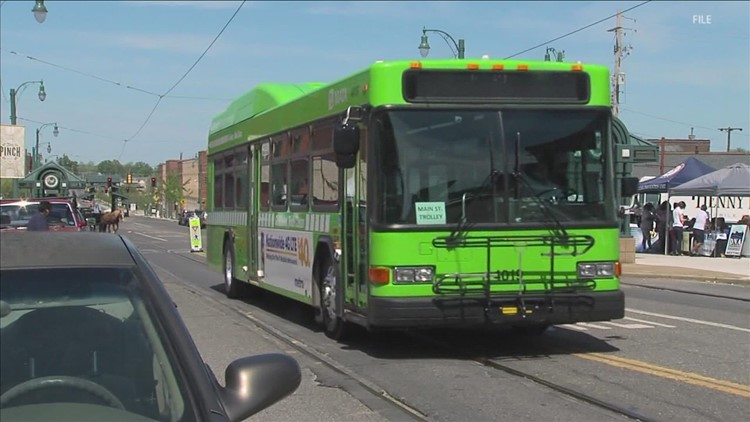WASHINGTON — The U.S. Department of Transportation (DOT) will provide the Memphis Area Transit Authority (MATA) with two grants totaling $76,378,905 to revitalize the city’s bus system, Rep. Steve Cohen (D-TN) said Friday.
One grant for $54 million from the Buses and Bus Facilities Program will support the purchase of new buses and construction of a new maintenance facility.
The second grant for $22.3 million from the Low-No Program will support MATA in transitioning its fleet to clean electric buses and procuring charging stations for the Crosstown Corridor Connector.
The purpose of the Buses and Bus Facilities Program is to assist in the financing of buses and bus facilities capital projects, including replacing, rehabilitating, purchasing or leasing buses or related equipment, and rehabilitating, purchasing, constructing or leasing bus-related facilities.
The purpose of the Low-No Program is to support the transition of the nation’s transit fleet to the lowest polluting and most energy efficient transit vehicles. The Low-No Program provides funding to state and local governmental authorities for the purchase or lease of zero-emission and low-emission transit buses, including acquisition, construction, and leasing of required supporting facilities.
Earlier this year, the DOT granted MATA $46 million for their proposed Memphis Innovation Corridor bus rapid transit program, which MATA said will reduce bus wait times to as little as 10 minutes in high-traffic areas.
MATA said not only will the improved service increase stop frequencies during peak times, but the added capacity will allow them to upgrade weekend and off-peak service as well.
The improvements would bring 80,000 more people and more than 100,000 new jobs within 1/2 mile of frequent bus stops, according to MATA.
Construction of the bus rapid transit network was expected to start in June, 2021, but experienced delays due to COVID-19.



